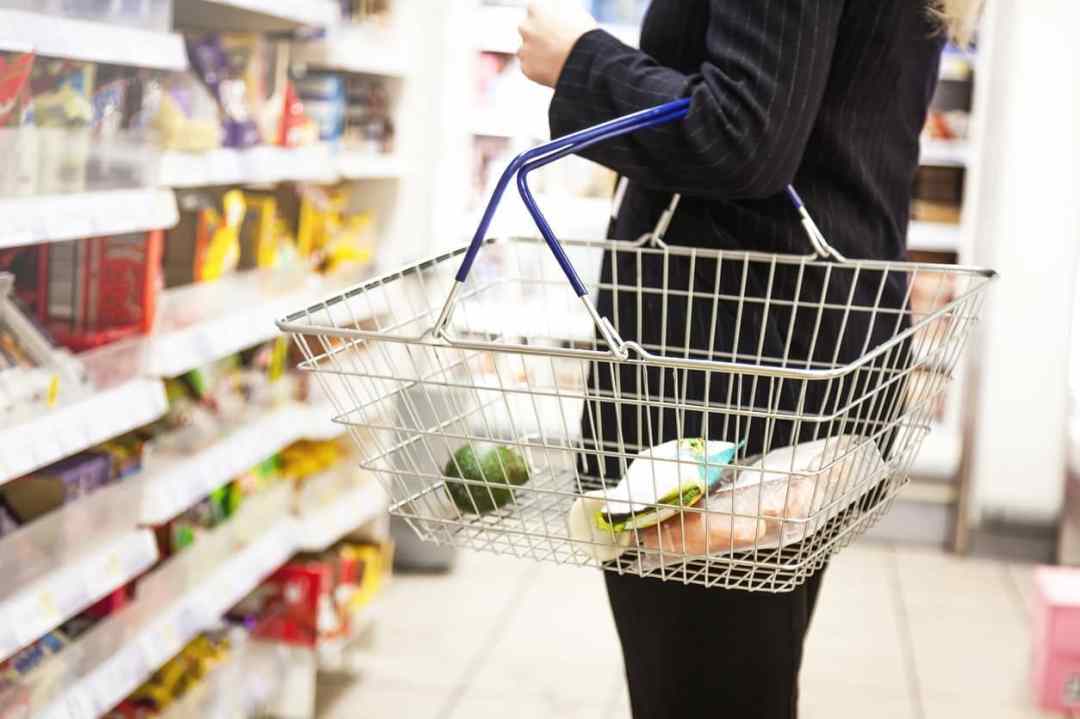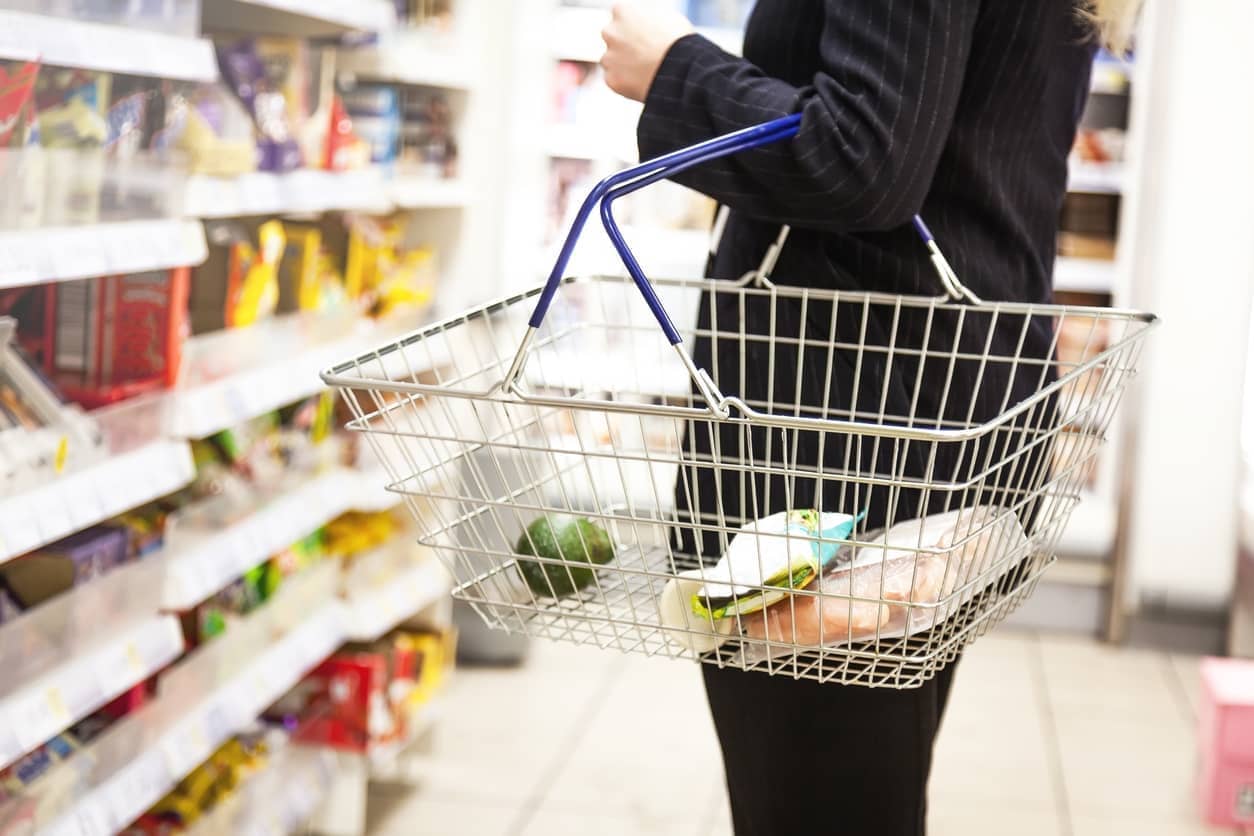If Boris Johnson manages to cling on to his job, he’ll have much more than the parties of lockdowns past to worry about. Britain’s cost of living crisis is worsening still, with CPI inflation rising by 5.4 per cent in the 12 months leading up to December last year. This has, once again, outpaced consensus, surging even further past the Bank of England’s most recent official forecast.
There’s little doubt left that heavy government spending is playing a significant role in the inflation we’re experiencing now
Inflation is now at a 30-year high. And it’s still rising. Capital Economics now estimates a peak of 7 per cent around April, and there is once again increasing speculation that December’s interest rate rise to 0.25 per cent is only the beginning of more hikes to come.
These price hikes will be acutely felt. December’s rises were primarily driven by increases to food prices, clothing and transport: all essentials for households. And the squeeze is bound to worsen. As Matthew Lynn points out, yesterday’s labour market numbers made for good headlines – with unemployment contracting once again – but annualised wage growth slipped down to 4.2 per cent, now more than a percentage point below inflation. Meanwhile, job vacancies rose to a record 1,247,000, creating a labour crunch that is making inflation worse. The rise in costs of hotels and restaurants is partially explained by the lack of staff to operate them, in addition to the goods shortages that are also affecting supermarkets and retail.
It was only months ago that the Bank still insisted price hikes were just transitory. But the shutting down of economic activity worldwide – combined with pumping trillions of dollars into real economies – was always going to create severe inflationary pressures which would prove difficult to control. This will make it harder for Rishi Sunak to service the government’s debts, let alone approve boatloads more spending in future.
This is bad news for a Prime Minister who likes to splash cash, and also for members of cabinet inclined to do the same: Micahel Gove insisted just last week that there’s plenty of money to throw at the government’s ambiguous levelling up agenda. As I mention in the Telegraph this week, while we wait for more details in the much-delayed white paper, most indications about this government’s plans to level up, so far, seem to come with big price tags attached, courtesy of the taxpayer.
But there’s little doubt left that heavy government spending is playing a significant role in the inflation we’re experiencing now. While it’s on the rise, it makes it significantly harder to make any spending pledges that could worsen the cost of living crisis.








Comments